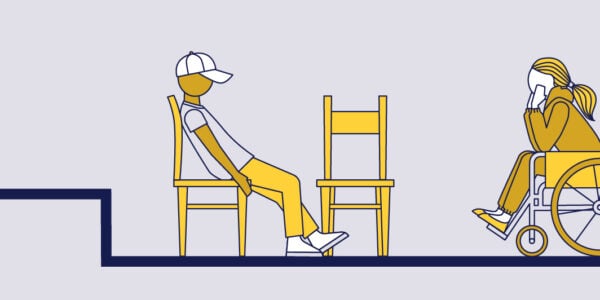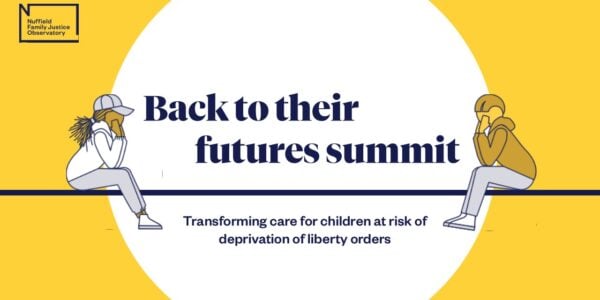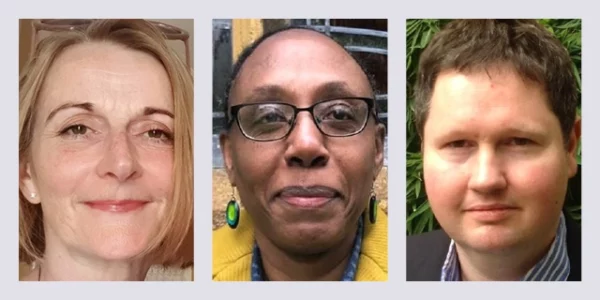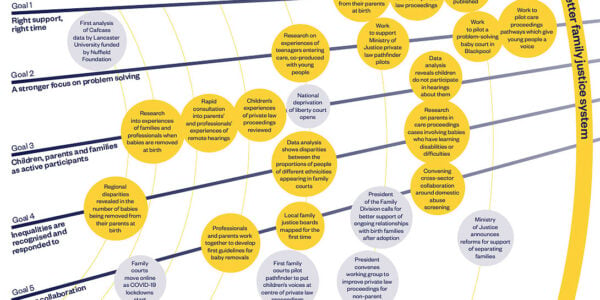The Greater Manchester Local Family Justice Board have developed a children’s access to court project, to enable children involved in public law proceedings to come to court, see a pretend hearing, and ask questions.
In this short film the Judge, court staff and lawyers explain the development of this innovative project and the virtual reality version of it.
Thank you to the University of Salford for funding and creating the virtual reality version.
The Development Team are very grateful to Her Honour Judge Lesley Newton, the Designated Family Judge of Greater Manchester (GM), Jonathan Broad the Chair of the GM Local Family Justice Board (LFJB), the members of the LFJB and its sub-groups, the court staff, other colleagues in GM children’s services and data analysts for their cooperation with our work over the last year. The work in GM has been very important in shaping proposals for how the FJO can best link with stakeholders over the next four years.
The Voice of the Child sub-group of the LFJB has developed the Children’s Access to Court project and the linked virtual reality version of this which is described in the short film.
The LFJB in GM is an active Board, which is well attended, has a clear plan of action and is supported by the work of active sub-groups. It keeps a close focus on the narrow performance issues relevant to the Key Performance Indicators but encourages a wider focus as well. There are good relationships, discussion and challenge between senior managers in the local authorities, CAFCASS and the Judiciary. This does not mean that problems in the GM area are less than in other areas – numbers of proceedings are rising, urgent applications have risen, there is varying practice in relation to pre-proceedings – but it does mean there is a proactive, problem solving approach to responding to the serious pressures under which both the courts and children’s services departments currently working. There is also recognition of what still needs to be tackled to improve practice and discussion and thinking about how best to this.
The subgroups for the LFJB cover performance (KPIs), PLO (public law), private law, and the annual conference. In addition, the LFJB is closely linked to the Family Court Forum (previously the local Family Justice Council) which has sub-committees covering gatekeeping/allocating/listing, the role of experts in court, education and training, adoption, family/crime interface, domestic abuse, and the voice of the child in the family court. The range of issues covered by the sub-groups helps to support consideration and discussion of issues beyond the Key Performance indicators for private and public law.
Monthly lunchtime seminars covering a range of topics are organised by the education and training sub-committee and are available to anyone involved/interested in family justice in Greater Manchester. The seminars are free and do not require advance booking. In addition, the sub-committee organises court skills training for social workers and an annual conference.









